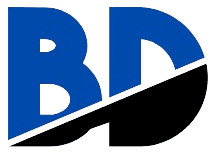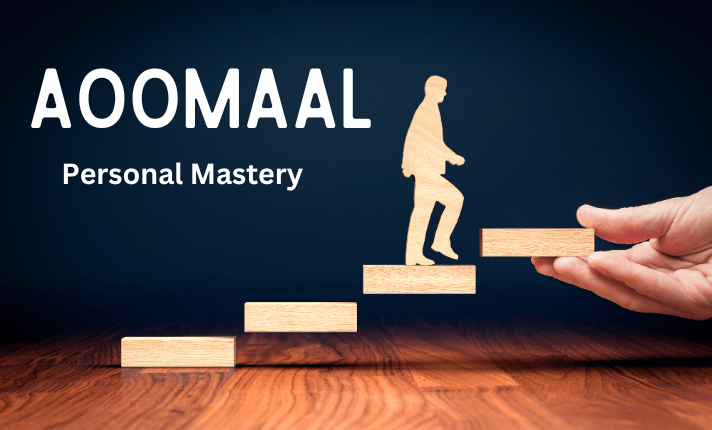In today’s fast-paced world, understanding your health and the medications prescribed to you is more critical than ever. The healthcare system is becoming increasingly complex, and patients are often left feeling overwhelmed with a mountain of information that can be difficult to digest. Health and medication education aim to bridge this gap, empowering individuals with the knowledge they need to take control of their well-being.
This article explores the vital role that health and medication education play in ensuring that patients can make informed decisions about their care. We will also discuss the benefits of consulting healthcare professionals, such as pharmacists, who can offer expert guidance. Whether it’s understanding how a medication works or learning about lifestyle choices that can improve health, the importance of education cannot be overstated.
Why Health and Medication Education is Crucial
Effective health and medication education enables individuals to make informed decisions about their treatments. The primary objective is to ensure that patients understand their medical conditions and the medications prescribed for them. This understanding helps prevent medication errors, promotes adherence to prescribed regimens, and reduces the risk of adverse effects.
Patients who are well-informed about their medications are more likely to follow their treatment plans correctly. For example, if a patient is aware of how a drug works, its possible side effects, and the importance of taking it as directed, they are more likely to take their medication as prescribed, leading to better health outcomes.
Moreover, being educated about health and medication allows patients to recognize when something is wrong. If they experience unusual side effects or do not notice an improvement in their condition, they can seek timely help from a healthcare provider. This level of awareness can lead to early interventions and adjustments in treatment, reducing the risk of complications.
The Role of Pharmacists in Medication Education
One of the most valuable resources for medication education is the pharmacist. Pharmacists are medication experts who can offer in-depth guidance on how to use medications safely and effectively. They can also provide personalized advice, taking into account a patient’s unique health needs, other medications they may be taking, and potential drug interactions.
Pharmacists can help patients understand the best times to take their medications, whether to take them with food, and what to do if they miss a dose. They can also explain the potential side effects and what to watch out for, making the medication experience less intimidating for patients. Furthermore, pharmacists play a crucial role in preventing medication errors by double-checking prescriptions and ensuring that patients are taking the right medications in the correct dosages.
In addition to consulting a pharmacist in person, there are now online platforms where individuals can Ask a pharmacist questions about their medications. These platforms allow patients to receive expert advice from the comfort of their own homes, providing a convenient way to access healthcare professionals when needed.
How Medication Education Improves Adherence
One of the most significant challenges in healthcare today is medication adherence. Non-adherence, or the failure to take medications as prescribed, can lead to poor health outcomes, increased hospitalizations, and even death. Studies show that nearly 50% of patients with chronic conditions do not take their medications as directed, often because they do not fully understand the importance of doing so.
Medication education can address this issue by ensuring that patients know why they are taking a medication and the potential consequences of not following their treatment plan. For example, patients with hypertension may not feel sick, leading them to skip their blood pressure medication. However, through proper education, they can learn that untreated hypertension can lead to serious complications, such as heart attack or stroke, and that regular medication is vital to controlling their condition.
Education also helps dispel common myths and misconceptions about medications. Some patients may avoid taking their medications because they fear becoming dependent on them or believe they will experience severe side effects. By educating patients on the facts, healthcare professionals can help reduce these fears and encourage adherence to treatment plans.
Preventing Medication Errors through Education
Medication errors are a significant cause of harm in healthcare. They can occur at any stage of the medication process, from prescribing to administering the drug. Common errors include taking the wrong medication, incorrect dosages, and harmful drug interactions. However, many of these errors can be prevented through better medication education.
When patients understand their medications, they are less likely to make mistakes. For instance, knowing the difference between medications that look or sound alike can prevent a mix-up. Additionally, patients who are aware of the proper dosage and administration methods are less likely to accidentally overdose or underdose.
Pharmacists also play a vital role in preventing medication errors by educating patients about drug interactions. Some medications should not be taken together, or they may need to be taken at different times of the day to avoid adverse effects. By educating patients on these potential issues, pharmacists can help prevent harmful interactions that could lead to serious health problems.
The Role of Technology in Health and Medication Education
In today’s digital age, technology plays a significant role in making health and medication education more accessible. There are now a variety of apps, websites, and online tools that provide valuable information about medications, including how to take them, potential side effects, and interactions with other drugs.
One of the biggest advantages of these digital tools is that they allow patients to access information anytime, anywhere. This is especially useful for individuals with busy lifestyles or those who may have difficulty visiting a healthcare provider in person. Additionally, many of these tools offer reminders to take medications, which can significantly improve adherence.
For those who prefer more personalized assistance, platforms like Medidex offer the opportunity to Ask a pharmacist questions and receive tailored advice. This online consultation option makes it easier than ever to get expert help with medication concerns, ensuring that patients have the information they need to use their medications safely and effectively.
Conclusion
Health and medication education is an essential component of patient care. It empowers individuals with the knowledge they need to make informed decisions, adhere to treatment plans, and avoid medication errors. Pharmacists play a key role in this process, offering expert guidance on safe medication use. Whether through in-person consultations or online platforms, patients should take advantage of the resources available to them to ensure they fully understand their health and medications. Empowering patients through education leads to better health outcomes and a higher quality of life.













